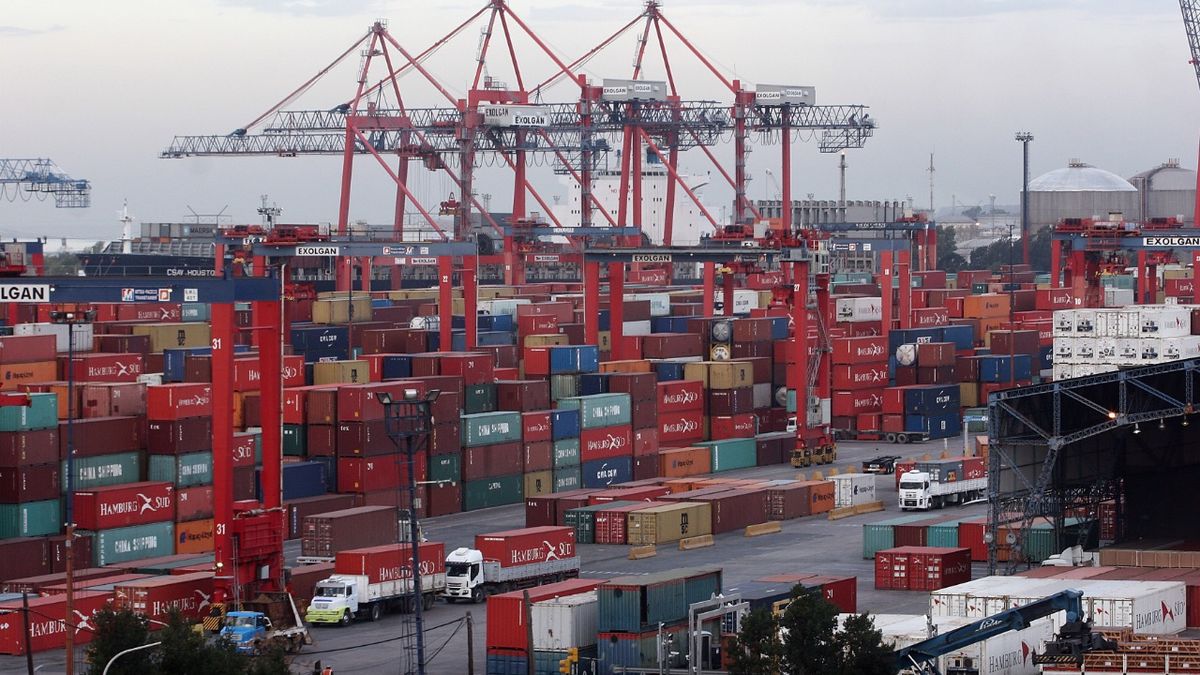The elected president of the United States, donald trumpchose Jamieson Greer to occupy the top position in commerce. The official considered that China it’s a “generational challenge” for USA and advocated for a strategic disengagement from the country.
Greer played a key role in the imposition of tariffs on China during Trump’s first term. He was the chief of staff of Robert Lighthizerwho was then Trump’s trade representative, Greer shares tough stance on Beijing. Trump’s election was in line with political plans, including his promise on Monday to impose 25% tariffs on all imports from Canada and Mexicoand a additional 10% to Chinese products.
Business relations
Before the US-China Economic and Security Review Commission, Greer provided a roadmap for policies the new administration could pursue, including measures to prevent Chinese companies from moving to other countries to avoid U.S. tariffs.
“There is no silver bullet, and in some cases the effort to pursue strategic decoupling from China will cause short-term pain,” he said. “However, the cost of doing nothing or underestimating the threat posed by China is much greater.”
Besides, Greer calls for Congress to revoke Beijing’s “permanent normal trade relations” status and impose new higher tariffs to Chinese products. It should be noted that China was granted the PNTR in 2000, while preparing to enter the World Trade Organizationthus the Asian power receives tariff treatment similar to that of other nations.
In case of revoking the agreement China would be in the same category as Cuba, North Korea, Russia and Belarus. In this way, all direct Chinese exports to the United States, worth about US$500,000 million Last year, they would have even higher taxes.
In turn, the designated official suggests limiting Chinese goods that enter USA through other countries, ensuring that if a Chinese company or its unit manufactures a product elsewhere, or if the Chinese content in a product exceeds a certain threshold, that product should not receive preferential treatment under free trade agreements. This would lead to higher tariffs on products made by Chinese companies in places like Mexico, or products made with a large number of Chinese parts, such as cars.
Protectionism of national companies
Greer recommends that Congress pass laws to protect American companies of China’s retaliation. This could include the tariff revenue allocation to support affected workers and companies, as well as give the president the authority to take action against foreign companies that take advantage of Chinese retaliation by entering the Chinese market.
In addition, calls for expanded export controls to China to cover a broader range of critical industries, such as aeronautics, transportation equipment, and legacy semiconductor manufacturing equipment. This would be a step forward from current US export controls, which focus primarily on advanced semiconductors.
The official also suggested that the US Government review the outbound investments to China. It states that the executive branch should have the authority to block such investments if they pose a threat to US economic or national security.
Finally, Greer suggests that Congress consider expanding incentives for critical sectors, similar to those in the CHIPS Act and Science or the Inflation Reduction Law. Industries include pharmaceuticals, robotics, medical devices, aeronautics, automotive, energy products, telecommunications and electronics.
Source: Ambito
David William is a talented author who has made a name for himself in the world of writing. He is a professional author who writes on a wide range of topics, from general interest to opinion news. David is currently working as a writer at 24 hours worlds where he brings his unique perspective and in-depth research to his articles, making them both informative and engaging.




